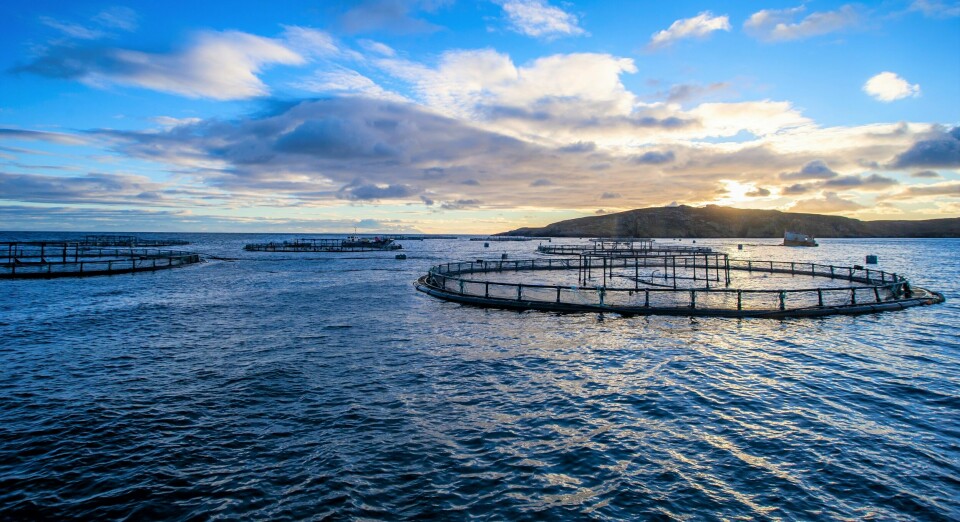
£198,000 grant awarded for new sea lice treatment
A project to develop a safe sea lice treatment for fish with gills compromised by amoebic gill disease or other pathogens is among six aquaculture projects granted a total of £603,000 by the Scottish Government’s Marine Fund Scotland.
The solution being pursued by Pulcea Ltd is intended to improve fish welfare, particularly in warmer months and climates.
Pulcea has been granted £198,573.81 towards the £223,573.81 cost of the project.
Waste collection
The University of Dundee has been awarded £79,397 to meet the full cost of experiments and computations of wave and current interaction with offshore fish pens. The project focuses on the design and analysis of a novel organic particulate waste collection and recovery system for the pens.
Shetland company Blueshell Mussels Ltd has been granted £209,374.10 production equipment, to improve efficiency, reduce waste and improve working conditions. The grant covers half of the company’s investment.
Moving to shore
Barra-based Traigh Mhor Oysters has been awarded £47,953.63, half the cost of moving from fuel intensive long line culture to shore-based trestle culture. The move will reduce emissions.
Glasgow University has been awarded £43,876.63 to meet the full cost of using environmental DNA to provide information on optimising seaweed farm location and harvesting time. This will minimise the settling on seaweeds of biofouling organisms, leading to improving product quality, and increased production and market value.
The list of aquaculture grants is completed by a grant of £23,948.75 towards the £47,897.50 consultancy costs of establishing a Scottish aquaculture seafood supply chain cluster organisation.























































